'Prospects of fairness in 2024 elections are bleak'
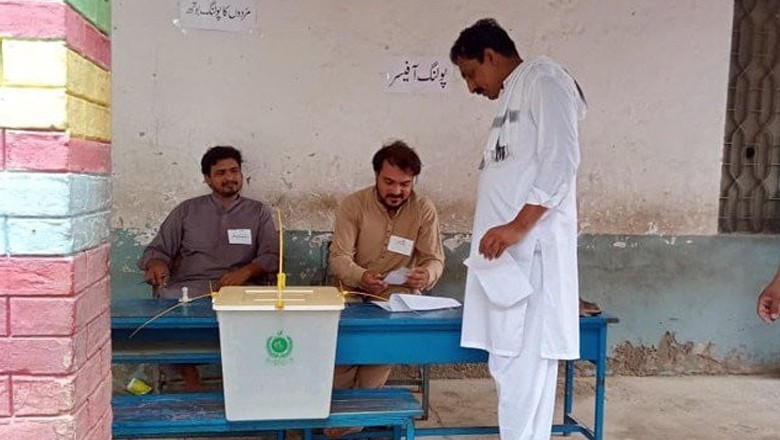
Web Desk
|
3 Jan 2024
The Pakistan Institute of Legislative Development and Transparency (Pildat) cast doubt on the fairness of the upcoming general elections, sharply criticising political parties for their dependence on patronage and pursuit of opportunistic politics.
“As Pakistan prepares to hold yet another general election, the prospect of its fairness appears just as bleak as the 2018 General Election,” it said, lambasting political parties for being seemingly “addicted to the establishment’s patronage” to win a “managed public popularity and form fractured governments.”
In its 2023 Quality of Democracy report, the think tank highlighted that despite Pakistan grappling with the same problems for seven decades, and even though solutions are readily available, the political parties and leaders remain stubbornly attached to their undemocratic practices.
In its report, Pildat maintained that the National Assembly members failed to uphold the dignity and sanctity of the parliament, citing the tumultuous conclusion of the 15th Assembly in 2023, adding that the members “allowed themselves to be manipulated by one elected government to the other, with active control of the establishment, in carrying out basic functions such as legislation.”
Pildat reported that the Senate proceedings devolved into unproductive political squabbling, with no meaningful discussion taking place in the upper house of the parliament. “A debating club where, instead of initiating and leading a meaningful engagement on policy issues, its sessions remained just as mired in partisan political blame-game, infighting and political mocking of opponents,” the report said.
Similarly, provincial assemblies lacked autonomy, serving as titular subsidiaries of the provincial governments “to rubber-stamp required legislation including the most important provincial budgets.”
Another disturbing trend observed by Pildat reveals that in their five-year tenure, provincial assemblies “willfully began to regress and withdraw public information from the citizens”, their websites offering “scant, outdated and incomplete information”.
The report highlights the tenure of Chief Justice Qazi Faez Isa, noting that he has achieved several "firsts" since assuming the role and his “somewhat controversial achievement to date in the context of Pakistan’s democracy” so far has been pushing decision-makers to declare February 8, 2024, as the date for the 12th general election.
In its report, Pildat shed light on the gloomy future of Pakistan's political landscape, highlighting the increasing reliance of politicians on the military establishment. The report asserts that politicians remain incapable of pursuing their politics without clinging to the army, ultimately amplifying the military's influence in the political arena.
Pildat painted a chilling picture of Pakistani media, revealing a disturbing trend of growing media silencing and noting that it is “proved yet again the silencing of independent voices, the management of media and the propagation of the sickening culture of buying media voices in support of or against a political party or group to sow polarisation and dissent in the society.”
The Pildat report criticises Dr Arif Alvi's presidency, terming it as "controversial" due to his alleged violations of the constitution and disregard for objections raised against his actions. The report cites two specific instances where President Alvi allegedly defied the law. First, when he unilaterally announced the general election date and second, when he refused to endorse legislation passed by the PDM government.


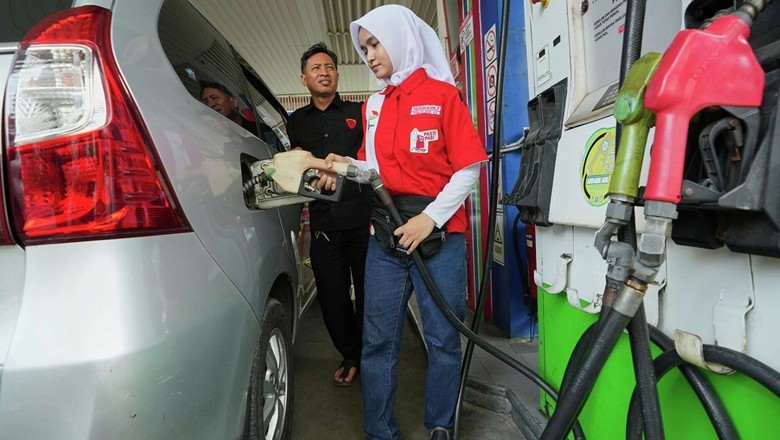



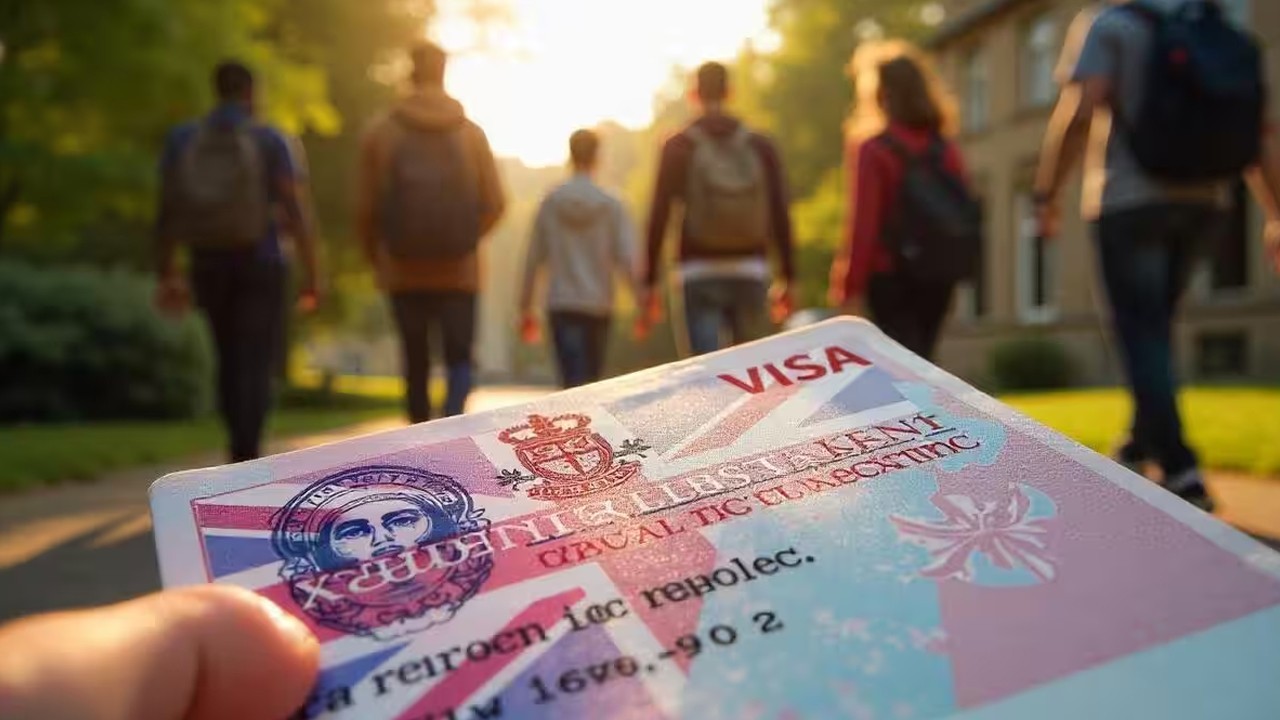
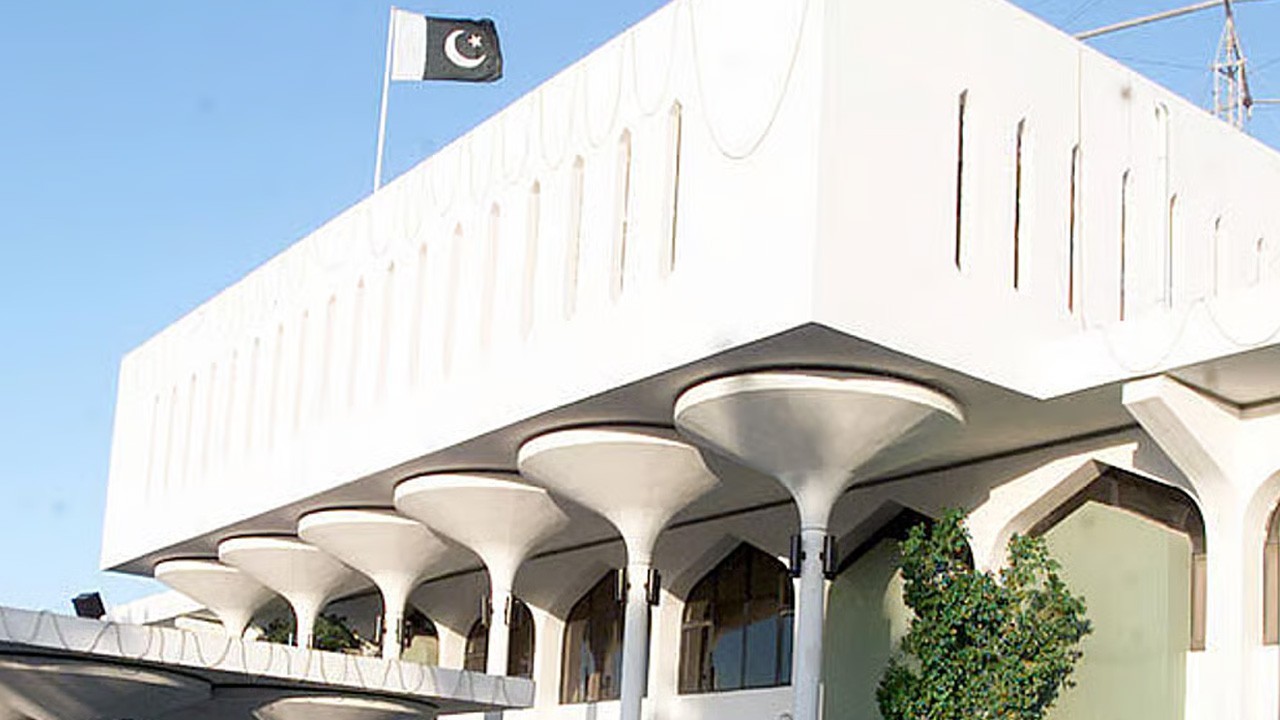

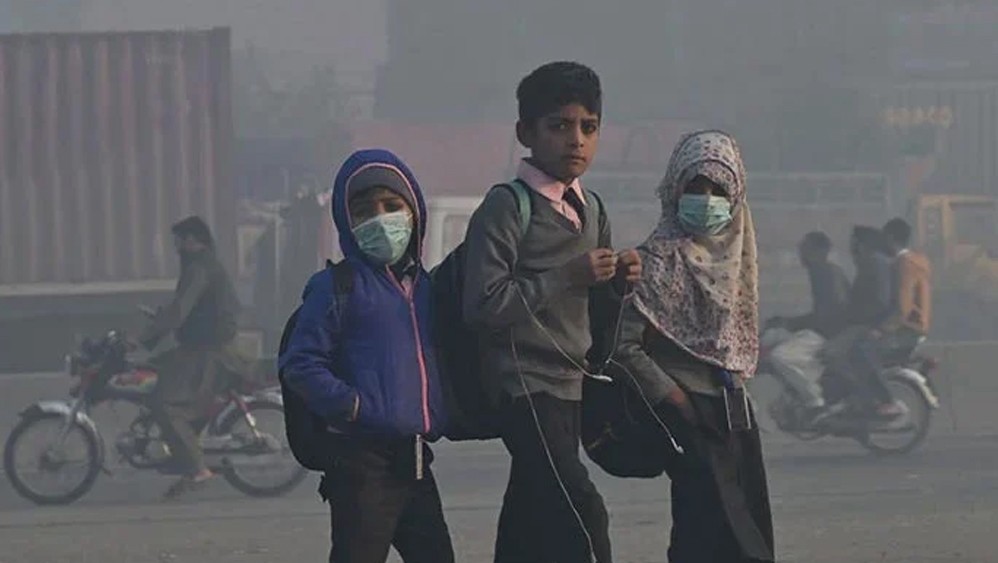


Comments
0 comment